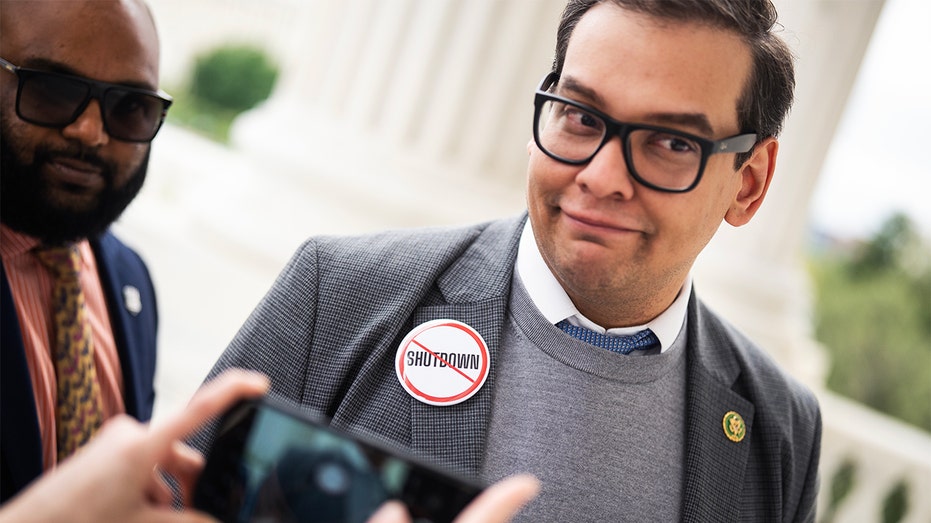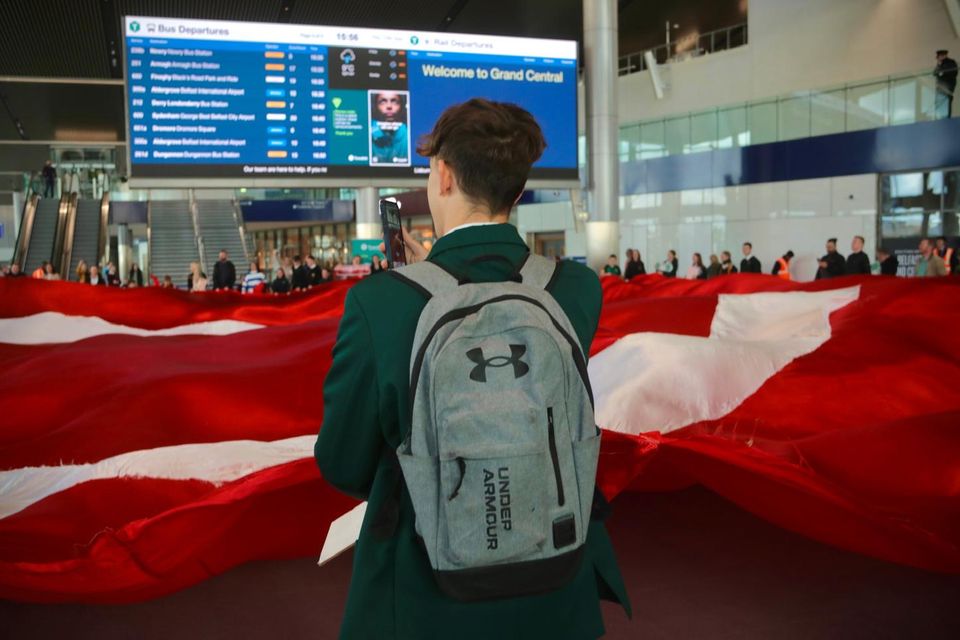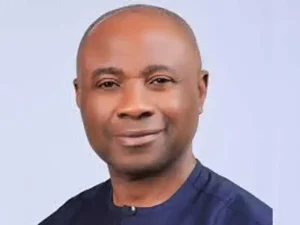OUR law school prides itself on graduating “practice ready” attorneys, poised to zealously and ethically represent their clients. But in the first few months of this administration, the practice of law has changed in disturbing ways, and we struggle with how to explain this to our students. Lawyers take an oath to support the Constitution — yet all around us, lawyers are making a mockery of that oath.
Recently, Paul Weiss capitulated to Trump in a way so brazen and self-defeating that it rattled even those of us already poised to expect cowardice from Big Law. Trump began his campaign of retribution against private law firms that represented clients adverse to him or his allies by revoking the firms’ security clearances and threatening to cancel their clients’ government contracts. A judge halted the first order, directed at Perkins Coie, stating that it was likely unconstitutional.

Nonetheless, Trump then issued a nearly identical order targeting Paul Weiss, and instead of fighting it, Paul Weiss folded. The firm agreed to give Trump sway over the recipients of $40 million in pro bono services, and, per Trump’s press release, “conduct a comprehensive audit of all its employment practices” and “not adopt, use, or pursue any DEI policies.” Most chillingly, Trump reported that Paul Weiss “acknowledged the wrongdoing” of former partner Mark Pomerantz, who had worked as a prosecutor in the Manhattan DA’s office on the Trump hush money case.
It is bad enough that Trump is waging this campaign of bald political retribution. It is a different kind of betrayal entirely that Paul Weiss capitulated, especially when the order is likely illegal. Like Skadden and Milbank, which recently negotiated similar deals, Paul Weiss probably believes it is saving its business, but who will employ lawyers in a society devoid of the rule of law? Administration lawyers would earn failing grades if they were our students.
U.S. District Court Judge for the Western District of Washington John Cougheneour, granting an injunction against the order purporting to end birthright citizenship, said “Frankly, I have difficulty understanding how a member of the bar would state unequivocally that this is a constitutional order.
It just boggles my mind.” Lawyers appearing before U.S.
District Court for the District of Columbia Judge James Boasberg made representations about the expulsion of Venezuelan migrants to El Salvador that the judge deemed “woefully inadequate.” Judge Boasberg has since faced baseless calls for impeachment. These attacks on the legal profession, the judiciary, and the rule of law are escalating and relentless.
Meanwhile, applications for law school are skyrocketing. We’d like to celebrate. Being a lawyer is a wonderful career, full of opportunities to help people and institutions, enable progress, and solve problems.
But how can we defend our profession when so many attorneys are aiding this administration’s assault on the rule of law and enabling this constitutional crisis? For solace, we look to lawyers who are still doing the right thing in the face of these attacks on our profession. Perkins Coie, Jenner & Block and WilmerHale have filed suit against the executive orders targeted at them. Other Big Law associates have protested their firms’ silence in the face of Trump’s executive orders targeting firms.
Attorneys remaining in the federal government continue to labor in service to the American people, even though Elon Musk and his allies are deriding them as deadweight and decimating their agencies. Others have taken the brave step of resigning when their ethics have been compromised. Future lawyers have a role to play, too.
Our 1L students are preparing their annual moot court arguments, and have practiced how to be persuasive without misleading the court. Upper level students know to call out and correct the misinterpretation of legal authorities and the misstatement of facts. Outside the classroom, students have been working to connect immigrants to legal resources.
Others have used their developing legal expertise to testify for the first time about legislation in the New Hampshire State House. Our students are a credit to the future of our profession. No matter their political affiliation or philosophical differences, they will swear fealty to the Constitution.
Shame on the lawyers currently making a mockery of that oath. The rest of us will continue to fight for the rule of law, because that’s what we promised to do..
Politics

Mailyn Fidler, Margaret O’Grady & Sophie Sparrow: Harrowing times to teach the law

OUR law school prides itself on graduating “practice ready” attorneys, poised to zealously and ethically represent their clients. But in the first few months of this administration, the practice of law has changed in disturbing ways, and we struggle with...















